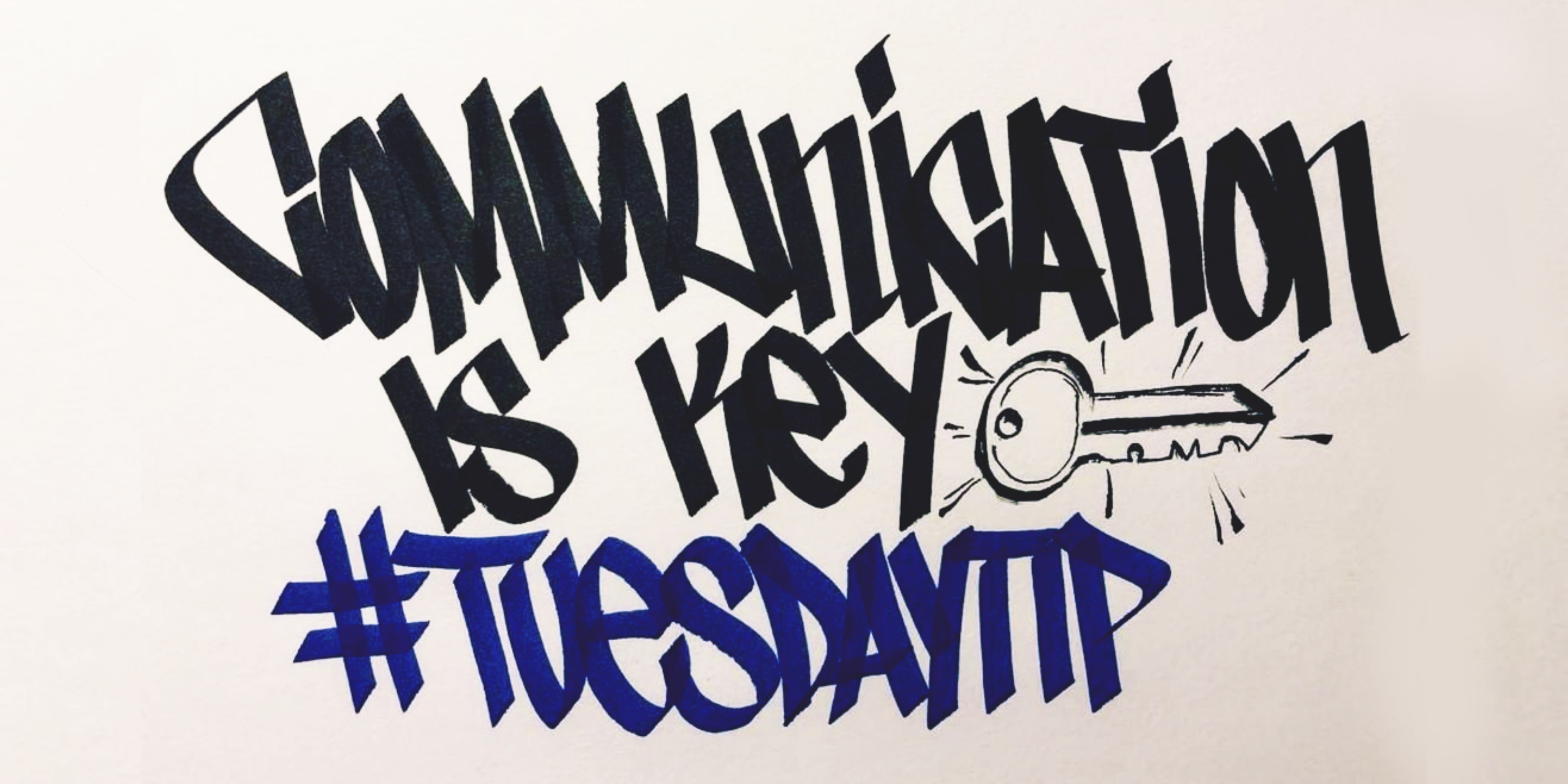
When playing in a band, communication amongst members before, during, and even after a performance or worship service is absolutely vital!
Today, we explore what this might look like and how you can begin to cultivate strong communication in your band or worship team.
BEFORE
It’s important to start a set on the same page so you’re not figuring things out as you go but rather, you know exactly where you’re going and how you’re getting there. This might mean reviewing the set and all the transitions before call time. This might mean the bassist and drummer agreeing on a kick pattern for each section of a song. Whatever it means for you, be sure you’re being proactive and not waiting until it’s too late to talk about important details.
DURING
In particular with jazz and worship, there is a good deal of improvisation and spontaneity involved so it is imperative that there is on-stage communication happening at all times!
Worship:
If you’re a worship leader or music director at your church, make sure you’re giving cues (whether that’s with an MD mic, hand signs, or any other method) at least a couple bars ahead of time so your musicians and singers have enough time to make any changes necessary for a seamless transition. Your whole team will love you for it and you’ll love the smoothness of your transitions. If you’re in a time of spontaneous worship, be sure you are all agreeing on what section you are playing. Few things are worse than three sections of a song happening at the same time!

Jazz:
In a jazz context, the feature is always the soloist(s) and many times it is left to the discretion of the soloist or bandleader how long the solo should last, as opposed to it being set in stone. If you are soloing and are also the one calling the shots as far as how many times to repeat the A Section of your solo or when to grow dynamically, make it clear to the rhythm section the direction you are trying to go. Maybe this means giving a nod when to move on or maybe it means having a preset lick you’ll play when you want to build up the dynamics and communicating this to the band.
And rhythm section, be attentive! Don’t just vibe out without paying any attention to what’s happening around you.
AFTER
Communication after a set is particularly important for bandleaders and worship leaders. Use this time to let your band know how they did. Celebrate the things that went well and discuss the things that didn’t go so well. This will keep the morale and sense of community up while also keeping everyone on the same page and making it so each person can hold one another accountable to what’s expected of them.
If you’ve been lacking in the communication department, take this stuff and apply it to your next performance or rehearsal. It may take a while for everyone to make a habit out of it but you can set the trend and get the ball rolling! Believe me when I say you will begin to see a difference for the better in how you guys perform and the overall flow of everything.
